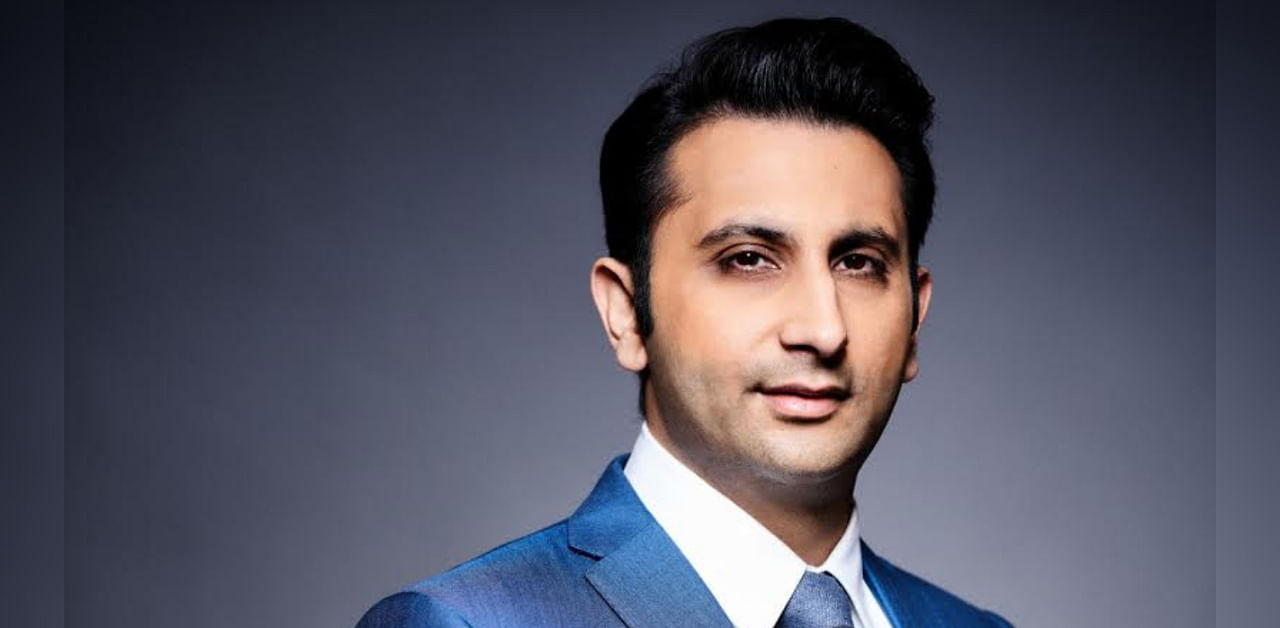
Serum Institute of India (SII) CEO Adar Poonawalla said that it could well be a whopping Rs 80,000 crore to purchase and distribute Covid-19 vaccine for every Indian, highlighting the challenge and indicating the tough road ahead for the government.
“Quick question; will the government of India have 80,000 crores available, over the next one year? Because that's what the Ministry of Health and Family Welfare needs, to buy and distribute the vaccine to everyone in India. This is the next concerning challenge we need to tackle,” Poonawalla tweeted.
In the social media post, the SII chief tagged Prime Minister Narendra Modi and the Ministry of Health and Family Welfare.
“I ask this question, because we need to plan and guide, vaccine manufacturers both in India and overseas to service the needs of our country in terms of procurement and distribution,” said Poonawalla, who heads the world’s largest vaccine maker.
The SII has partnered with biopharmaceutical company AstraZeneca to manufacture the experimental Covid-19 vaccine candidate developed by the University of Oxford.
It has registered for Phase II/III clinical trials on the Covid-19 vaccine candidate, Covishield, being developed by Oxford University-AstraZeneca, with the Clinical Trials Registry of India (CTRI) – and trials are underway across the country. The Drugs Controller General of India (DCGI) is following up on the process.
Serum Institute of India said on Sept 12 will resume clinical trials of AstraZeneca's COVID-19 vaccine candidate after getting the permission from the Drugs Controller General of India (DCGI), the Pune-based vaccine maker.
"Once DCGI will give us the permission to restart the trials in India, we will resume the trials," Serum Institute of India (SII) said in a statement.
In a tweet, Poonawalla said: "As I'd mentioned earlier, we should not jump to conclusions until the trials are fully concluded. The recent chain of events is a clear example why we should not bias the process and should respect the process till the end. Good news, @UniofOxford."
The human trials resumed days after a pause had been announced in the trials after an adverse reaction in one of the participants.